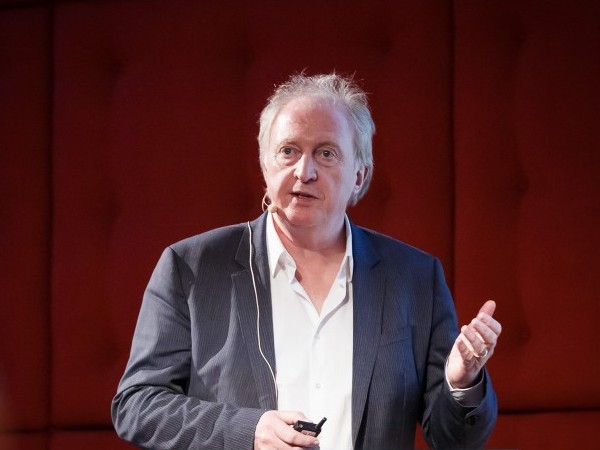 Europe’s Conference of Post and Telecommunications Regulators (CEPT) has agreed a common position against the allocation of the UHF band (470-694MHz), currently used by DTT, to mobile services.
Europe’s Conference of Post and Telecommunications Regulators (CEPT) has agreed a common position against the allocation of the UHF band (470-694MHz), currently used by DTT, to mobile services.
The vote was held ahead of the International Telecommunication Union (ITU) WRC-15 Conference.
The European Common Position will now be forwarded to the European administrations for signatures. 30 countries present at the meeting in Porto, Portugal supported the European Common Position. Only Denmark opposed, with Bulgaria, Finland, Greece and Sweden abstaining.
EBU Director of Technology and Innovation Simon Fell said “Broadcasters around Europe welcome this decision from CEPT. It is the culmination of 3 years hard work bringing to the fore the importance of secured access to adequate spectrum for the broadcasting industry. With secured access to the band, European administrations will not only provide certainty to an important industry, but will help secure the investments required to liberate the 700 MHz band, and pave the way for advanced HDTV, UHDTV and hybrid television services for years to come.”
The Porto meeting also approved a common position for allocating the L-band (1,452-1,492 MHz) (allocated currently to broadcasting services) to mobile services, as well as the lower C-band (3.4-3.8 GHz) (allocated to fixed satellite services, and used by broadcasters for contribution links).